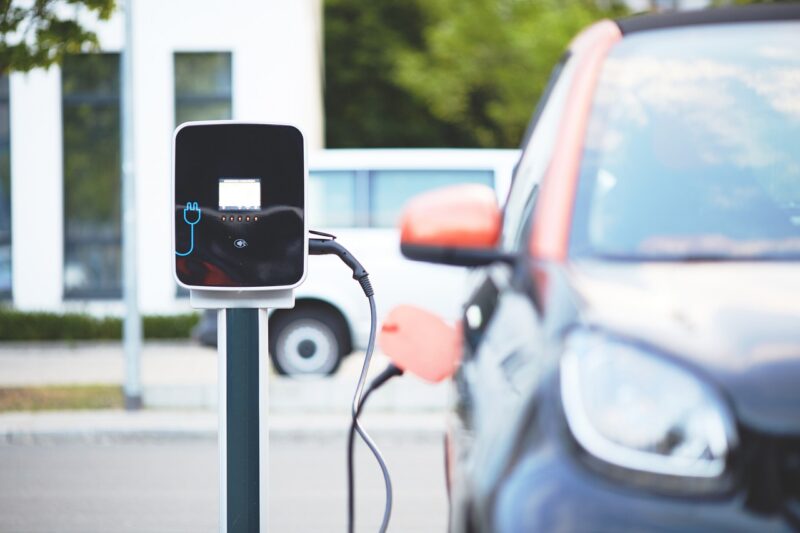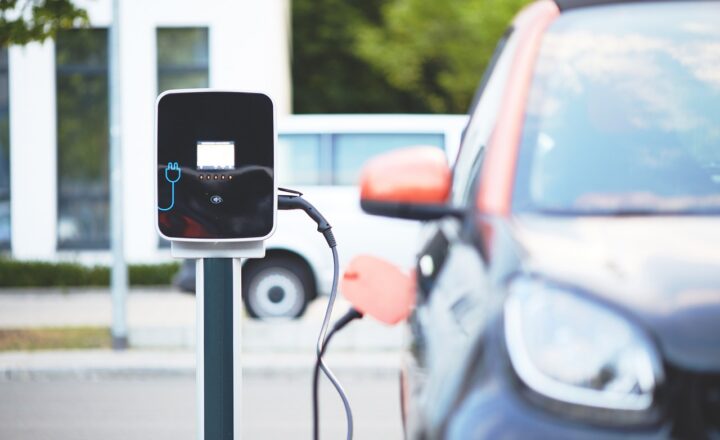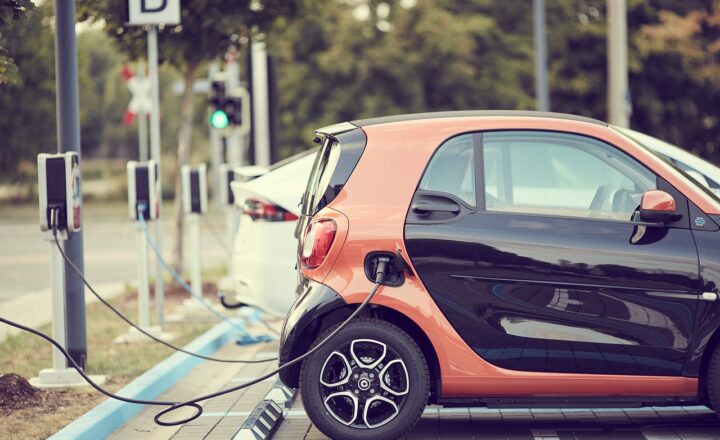How Electric Cars Are Inspiring New Innovations in Battery Technology
November 12, 2024

The automobile industry is undergoing a massive transformation with the rise of electric vehicles (EVs). Electric cars have not only altered the way we think about transportation but have also sparked a wave of innovation in battery technology. As the demand for electric vehicles continues to grow, so does the need for advanced, efficient, and sustainable battery solutions. This article delves into the intriguing ways electric cars are promoting cutting-edge advancements in battery tech, paving the way for a greener and more efficient future.
1. The Importance of Battery Technology in Electric Cars
At the core of electric vehicles lies the battery, which serves as the primary energy source. The efficiency, range, and performance of an EV are often determined by the capabilities of its battery. The traditional lead-acid batteries of the past have been largely replaced by lithium-ion batteries, which offer greater energy density and lower weight. However, as the market for electric cars expands, the need for further innovations has become paramount.
Batteries in today’s electric vehicles are complex systems, and improvements in their technology can lead to significant benefits:
- Increasing driving ranges through higher energy densities.
- Reducing charging times for more convenience and usability.
- Enhancing safety standards to prevent overheating and fires.
- Cutting costs to make electric vehicles more accessible to consumers.
As a result, automotive manufacturers and researchers are investing heavily in the development of next-generation battery technologies.
2. Solid-State Batteries: The Next Big Leap
One of the most promising advancements in battery technology is the emergence of solid-state batteries. Unlike traditional lithium-ion batteries that use liquid electrolytes, solid-state batteries utilize solid electrolytes, significantly enhancing safety, energy density, and longevity. Here’s how they could revolutionize the electric vehicle landscape:
- Higher Energy Density: Solid-state batteries are capable of storing more energy in a smaller space. This means electric cars could achieve longer ranges without a significant increase in weight.
- Enhanced Safety: With a reduced risk of leakage and explosion, solid-state batteries pass stringent safety tests better than traditional batteries, making them a safer choice for EVs.
- Longer Lifespan: These batteries have a longer cycle life, translating into fewer replacements and a reduced environmental impact in the long run.
Companies like Toyota and QuantumScape are investing in this technology with plans to unveil commercial versions in the near future, thus challenging the battery manufacturing landscape.
3. Lithium-Sulfur Batteries: Sustainable Solutions
As sustainability becomes a crucial aspect of battery development, lithium-sulfur batteries are emerging as an alternative to conventional lithium-ion systems. Sulfur is abundant, non-toxic, and inexpensive, offering several benefits:
- Improved Energy Density: Lithium-sulfur batteries can provide up to five times the energy capacity of traditional batteries, potentially extending the range of electric vehicles substantially.
- Cost-Effectiveness: The materials used are cheaper and widely available, helping to lower manufacturing costs and ultimately the price of electric vehicles.
- Reduced Environmental Impact: Utilizing sulfur not only curbs the need for traditional battery materials but also minimizes the ecological footprint of battery production.
Ongoing research is working to overcome challenges such as cycle stability, but successes in this field could lead to widespread adoption within the next decade.
4. Battery Recycling and Second-Life Applications
As electric vehicles proliferate, the question of what to do with spent batteries has become increasingly relevant. The industry is not only focused on creating better batteries but also on ensuring a sustainable lifecycle:
- Battery Recycling: Companies are investing in technology that can efficiently recycle lithium-ion batteries, recovering essential materials like lithium, cobalt, and nickel for future use, thereby reducing demand for raw materials.
- Second-Life for Batteries: Used EV batteries can be repurposed for energy storage applications in homes and businesses. This significantly extends the battery lifecycle, making energy-saving solutions more viable for consumers and industries alike.
The circular economy surrounding batteries is a growing field that holds the potential for innovation while promoting environmentally friendly practices.
5. The Role of Governments and Policies in Battery Innovation
Policy frameworks and government initiatives play a crucial role in steering the development of battery technology for electric vehicles. Many governments worldwide are striving towards achieving sustainability goals:
- Incentives for Research & Development: Grants and financial incentives are being provided to organizations and companies dedicated to battery innovation. This motivates them to develop new technologies faster and more effectively.
- Regulations Supporting EV Growth: Countries are implementing policies that encourage electric vehicle adoption, including subsidies, tax breaks, and infrastructure investments for charging stations.
- International Collaborations: Partnerships between governments, research institutes, and private sectors are essential for sharing knowledge and resources. These collaborations foster a united front towards developing sustainable battery solutions.
An active policy environment helps spur innovative technologies while ensuring that the electric vehicle market continues to grow sustainably.
6. The Future of Battery Technology and Electric Cars
As we look ahead, the future of battery technology in the context of electric cars appears brighter than ever. Advancements in solid-state and lithium-sulfur batteries, alongside improved recycling strategies and supportive government policies, will continue to shape the landscape.
The challenges that lie ahead include improving charging infrastructure, ensuring raw material availability, and addressing environmental concerns effectively. However, the evolution of battery technology is progressing rapidly to meet the requirements of the growing electric vehicle market.
Innovations in battery technology are not just about making electric cars viable; they represent a fundamental shift in how we think about energy storage and sustainability. These developments promise a cleaner, more efficient future, contributing to an overall reduction in carbon emissions and the global transition to green energy solutions.
Conclusion
The electric vehicle revolution is well underway, and it is taking battery technology along for the ride. Innovations spurred by the demand for electric cars are reshaping the industry, leading to safer, more efficient, and environmentally responsible battery solutions. As both sectors evolve, the potential for synergies between electric vehicles and cutting-edge battery technologies promises to contribute significantly to a sustainable future.
The electrification of transportation presents myriad opportunities for innovation that will benefit consumers, manufacturers, and the environment alike. For those passionate about technology and sustainability, this is undoubtedly an exciting time to witness the profound impact electric vehicles will have in shaping the world around us.







